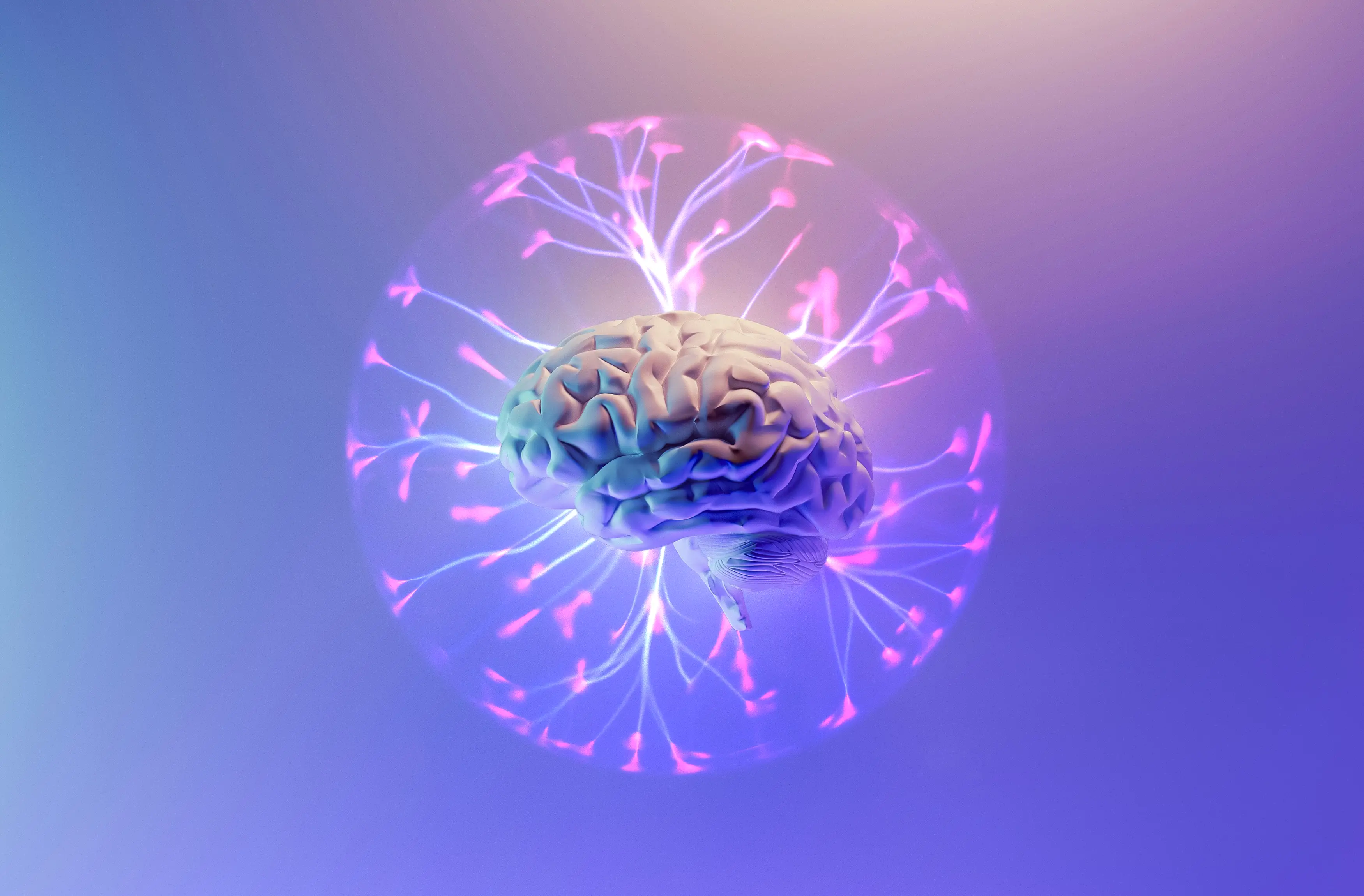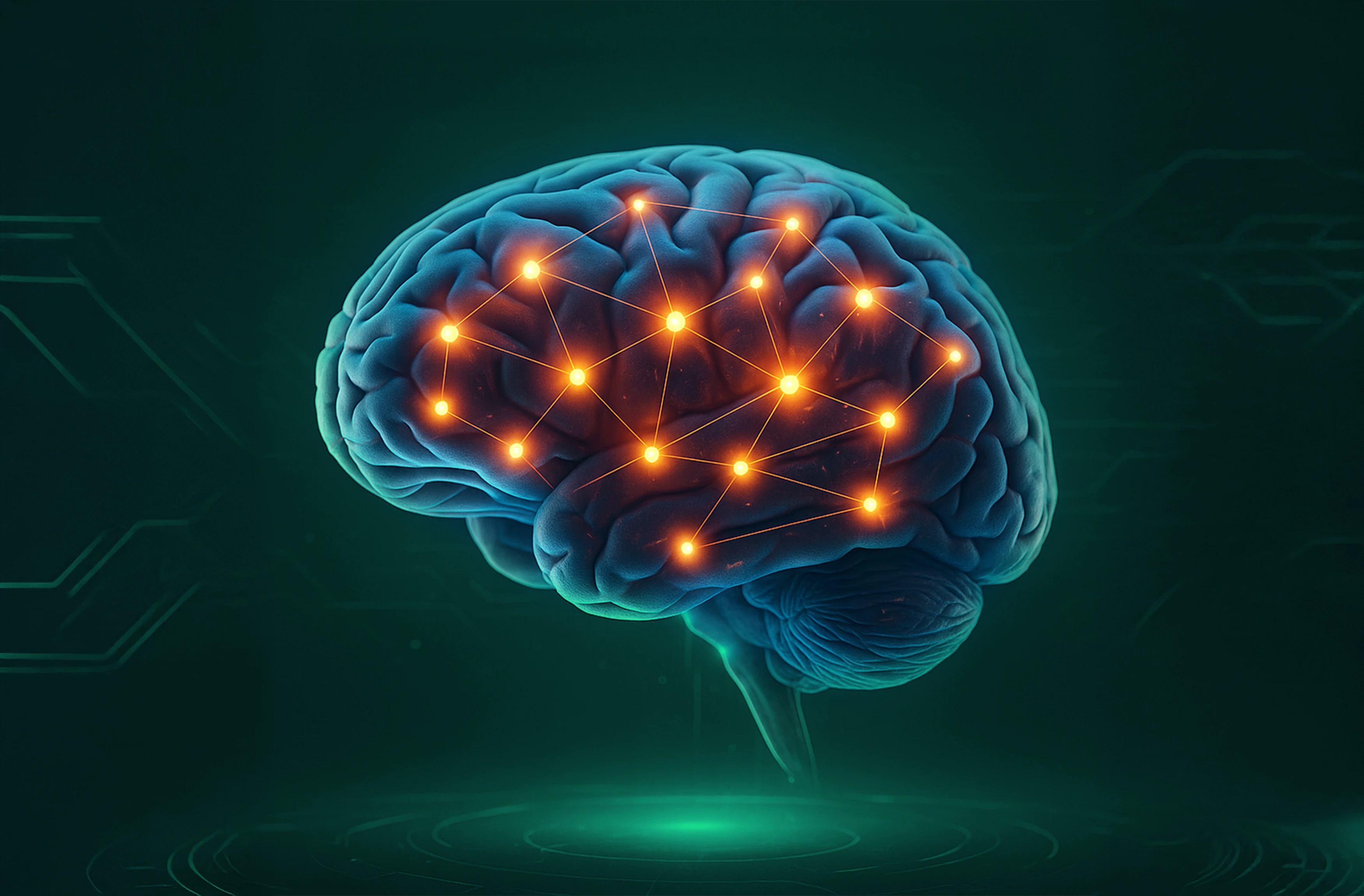Sleep disorders affect up to 70-80% of adults with ADHD, often manifesting as delayed sleep phase syndrome (DSPS). This condition causes significant disruptions in sleep-wake cycles, with approximately 75% of adults with ADHD reporting sleep-related problems.
The Delayed Sleep Phase Syndrome in ADHD
Research indicates that 26-78% of individuals with ADHD experience DSPS, compared to just 2% in the general population. This delay occurs when the body's internal clock shifts out of sync with societal norms. Individuals with ADHD become more alert in the evening and less so in the morning, leading to daytime sleepiness and cognitive impairments.
The Role of Melatonin in ADHD Sleep Problems
Melatonin, produced by the pineal gland, regulates sleep-wake cycles. In ADHD, melatonin production delays by approximately 1.5-2 hours, contributing to sleep onset difficulties.
Sunlight plays a crucial role in regulating melatonin production. Morning light exposure helps synchronize circadian rhythm by suppressing melatonin, promoting wakefulness. As daylight fades, melatonin production increases, promoting sleep readiness. Consistent melatonin levels ensure appropriate sleep timing and restorative rest.
Behavioral Methods to Enhance Sleep Quality
These evidence-based sleep hygiene strategies can significantly improve ADHD-related sleep problems:
- Morning Sunlight Exposure: Get 15-30 minutes of bright light within 30-60 minutes of waking. Natural sunlight (50,000-100,000 lux) helps reset your internal clock.
- Evening Light Management: Dim lights 2-3 hours before bedtime and minimize screens after 9 PM. Blue light blocking glasses help if screen use is necessary.
- Consistent Sleep Schedule: Maintain regular bed and wake times within a 30-minute window daily.
- Optimal Sleep Environment: Keep bedroom cool (60-67°F/15-19°C), quiet, and dark using blackout curtains and white noise if needed.
- Relaxation Techniques: Practice 10-15 minutes of mindfulness or meditation before bed to reduce anxiety.
Melatonin Supplementation Guidelines
Dr. Sandra Kooij, in "ADHD in Adults: Diagnostic Assessment and Treatment" (2013), recommends:
- Timing: Take melatonin 3-5 hours before desired bedtime for DSPS, or 30-60 minutes before bed for general sleep onset problems
- Dosage: 70% Start with 0.5-1 mg, typically not exceeding 3-5 mg
- Duration: Use consistently for 3-4 weeks to establish new sleep patterns
Protective Factors: ADHD Treatment and Addiction Prevention
Studies by Dr. Timothy Wilens show that appropriate ADHD treatment reduces substance abuse risk by 50%. Protective strategies include:
- Early Diagnosis and Treatment: Children receiving ADHD medication show 30% lower rates of later substance abuse.
- Medication Management: Long-acting stimulants have lower abuse potential than short-acting formulations. Non-stimulant options (atomoxetine, guanfacine) offer alternatives for those with addiction history.
- Behavioral Interventions: Cognitive-behavioral therapy addressing both ADHD and addiction shows 60% better outcomes than addiction treatment alone.
Medical Disclaimer: Consult healthcare providers before starting melatonin, especially with other medications or health conditions.
Impact of Common Substances on ADHD Sleep
- Alcohol: Initially induces drowsiness but disrupts later sleep cycles, reducing REM sleep by up to 40%.
- Z-Drugs and Cannabis: Z-drugs may help initiate sleep but alter sleep architecture. Cannabis effects vary individually, often disrupting REM sleep.
- Caffeine and Nicotine: Avoid caffeine within 6 hours of bedtime (half-life: 5-6 hours) and nicotine within 2 hours. Heavy meals within 3 hours of sleep cause discomfort and disruption
Evidence-Based Sleep Hygiene for ADHD
Dr. Sandra Kooij's research in "European Psychiatry" (2019) emphasizes that sleep disorders are core ADHD features requiring targeted intervention, not merely secondary symptoms. Her studies show 60-80% of ADHD patients implementing comprehensive sleep hygiene report improved daytime functioning.
Kooij's work demonstrates that strict sleep hygiene routines are integral to managing ADHD symptoms effectively. Prioritizing natural light exposure, reducing evening screen time, and creating sleep-conducive environments significantly improve both sleep patterns and ADHD symptoms.
Practical Implementation Tips
- Week 1-2: Focus on consistent wake times and morning light exposure
- Week 3-4: Add evening light reduction and relaxation techniques
- Week 5+: Fine-tune with melatonin supplementation if needed
Track sleep improvements using a sleep diary to identify patterns and adjust strategies accordingly.
Conclusion
Sleep disorders in ADHD stem from delayed melatonin secretion and circadian misalignment, affecting most individuals with the condition. By implementing behavioral strategies, following specific timing recommendations for light exposure, and avoiding sleep-disrupting substances, individuals with ADHD can significantly enhance sleep quality. Dr. Sandra Kooij's extensive research provides evidence-based pathways toward better sleep and improved daily functioning.
These targeted interventions address the neurobiological basis of ADHD-related sleep problems, offering practical solutions backed by scientific research. With consistent application of sleep hygiene principles and appropriate medical support, individuals with ADHD can achieve restorative sleep and better symptom management.
Book your first consultation with Bene Fida today — and let’s find what works for you.











.jpg)

